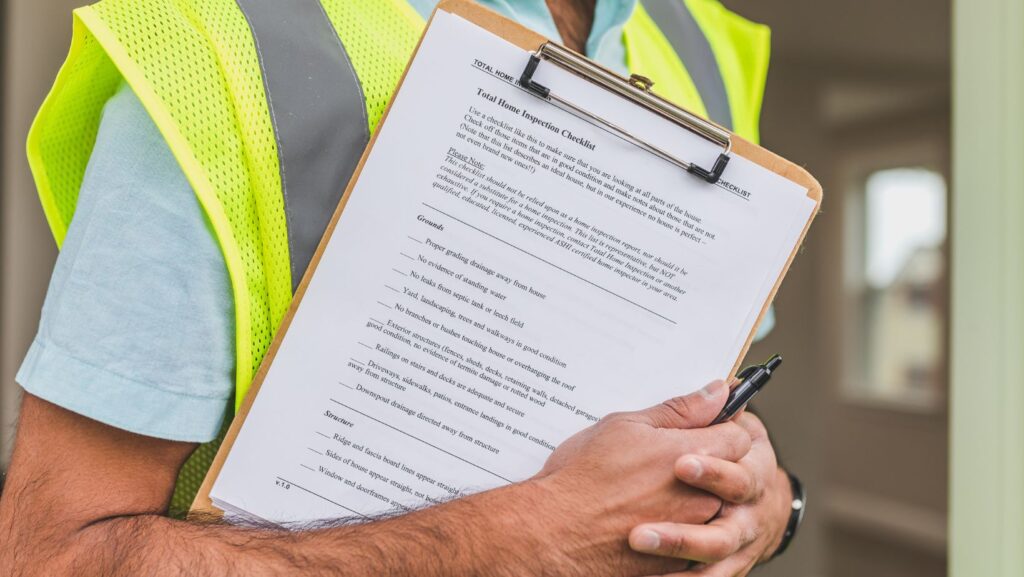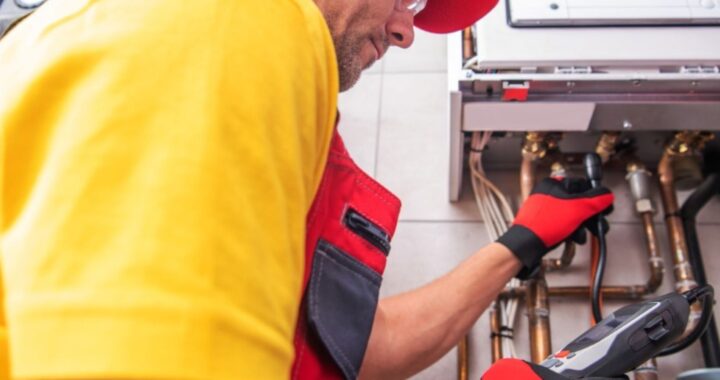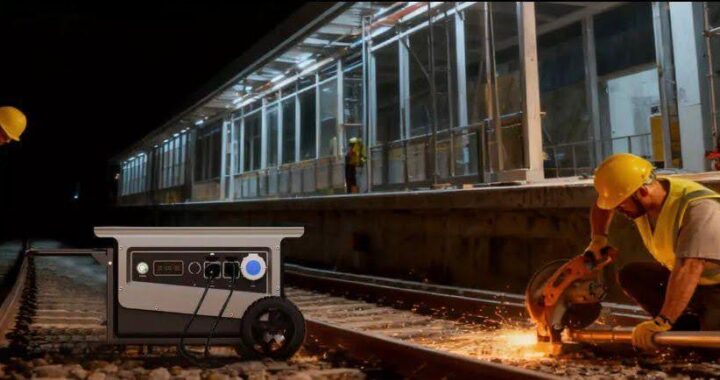The Ultimate Home Efficiency Checklist: HVAC, Plumbing, Electrical and More

When it comes to maximizing comfort and cutting down on utility bills, energy efficiency should be at the top of every homeowner’s priority list. Whether you’re preparing for extreme weather or simply want to reduce your carbon footprint, a whole-home efficiency check can yield significant long-term benefits.
Here’s your ultimate checklist to help optimize your HVAC, plumbing, and electrical systems—along with other critical areas—to ensure your home runs smoothly and efficiently year-round.
1. HVAC System: Heating, Ventilation, and Air Conditioning
Your HVAC system plays a major role in your home’s energy consumption. A poorly maintained or outdated system can cost you in more ways than one.
- Schedule Regular Tune-Ups: Experts recommend servicing your heating and cooling systems at least once a year—ideally in spring and fall. This ensures peak performance and detects issues early.
- Replace Air Filters: Dirty filters restrict airflow, causing your system to work harder and use more energy. Replace filters every 1–3 months.
- Seal Ductwork: Leaky ducts can lose up to 30% of conditioned air. Use mastic sealant or metal tape to seal visible leaks.
- Install a Programmable Thermostat: These can reduce heating and cooling costs by automatically adjusting temperatures when you’re away or asleep.
- Consider an Upgrade: If your HVAC system is over 10–15 years old, upgrading to a modern energy-efficient model could lower your monthly bills and improve comfort.

If you’re looking for trusted help with your heating and cooling system, Ken Adams Mechanical Inc. offers reliable HVAC services that boost energy efficiency and enhance year-round indoor comfort.
2. Plumbing Efficiency: Save Water, Save Money
Plumbing systems can contribute more to your energy use than you might think—especially when it comes to hot water.
- Fix Leaks Promptly: A dripping faucet or running toilet can waste thousands of gallons of water per year. Fix leaks as soon as they’re detected.
- Install Low-Flow Fixtures: Swap out old faucets, showerheads, and toilets with WaterSense-certified models that use less water without sacrificing performance.
- Insulate Water Pipes: Insulated hot water pipes reduce heat loss, allowing you to lower the water heater temperature while still enjoying warm water.
- Upgrade to a Tankless Water Heater: These energy-efficient systems provide hot water on demand, reducing standby heat loss.
If you are looking for affordable and trusted plumbing services, Hunt’s Services licensed plumbers in the Tacoma Seattle area can repair or replace your plumbing fixtures so they operate at maximum efficiency.
3. Electrical System: Power Up the Smart Way
Modernizing your home’s electrical components can significantly cut energy costs and improve safety.
- Switch to LED Lighting: LEDs use up to 90% less energy than traditional bulbs and last much longer.
- Install Smart Power Strips: These cut power to devices that go into standby mode, eliminating “phantom” energy consumption.
- Upgrade Outdated Wiring: Older homes may have electrical systems that can’t handle modern energy demands safely. Hire a licensed electrician to assess and upgrade as needed.
- Check Your Panel: If your circuit breaker trips frequently, it may be time to upgrade your panel for better efficiency and capacity.
4. Insulation and Sealing: Keep Air Where It Belongs
Energy efficiency isn’t just about your HVAC system. If your home isn’t properly insulated, you’re losing money every season.
- Add Attic Insulation: Heat rises, and an under-insulated attic is a major culprit in energy loss.

- Seal Windows and Doors: Use weatherstripping and caulking to seal gaps that let in drafts.
- Check for Air Leaks: Examine areas around outlets, baseboards, and pipes entering your home for air leaks and seal accordingly.
5. Appliances and Systems: Look Beyond the Basics
Your everyday appliances can be major energy drains if not chosen or maintained wisely.
- Use ENERGY STAR® Appliances: These certified appliances use less energy and water than their standard counterparts.
- Clean Refrigerator Coils: Dust and dirt buildup can reduce efficiency. Clean coils every 6–12 months.
- Run Full Loads: Whether it’s the dishwasher or washing machine, running full loads saves water and energy.
Final Thoughts
Improving home efficiency isn’t a one-time task—it’s an ongoing effort that pays off in lower bills, increased comfort, and a smaller environmental footprint. Start with simple DIY fixes and consult qualified professionals for the more complex jobs.
Following this checklist can ensure your home stays energy-smart and future-ready.

 Opulent Places Around the World that Homeowners Can Draw Inspiration From
Opulent Places Around the World that Homeowners Can Draw Inspiration From  How Often Should You Book a Tankless Water Heater Service in Georgetown?
How Often Should You Book a Tankless Water Heater Service in Georgetown?  How Can Industrial Power Station Choose Compliant and Economical Emission Reduction Paths?
How Can Industrial Power Station Choose Compliant and Economical Emission Reduction Paths?